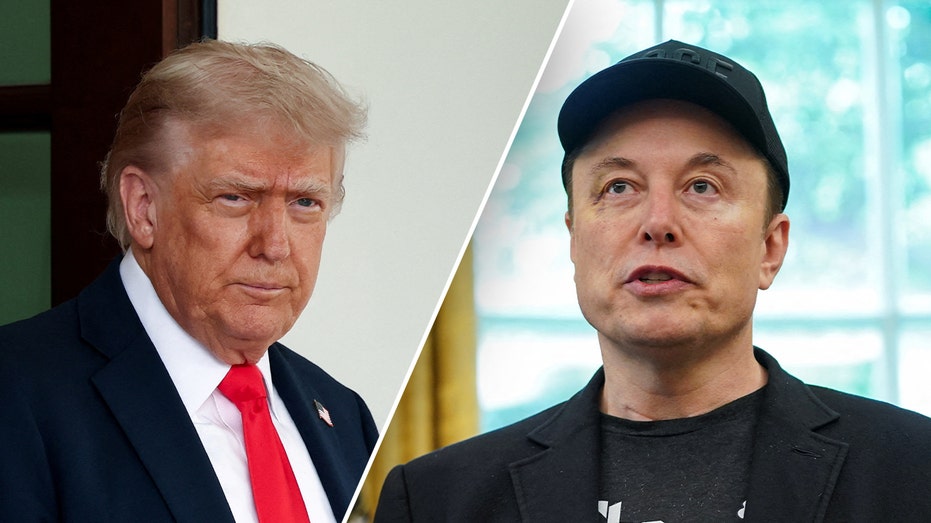House Budget Chairman Clarifies Absence of 'Pork' in Trump Tax Bill Amid Elon Musk Criticism
House Budget Chairman Jodey Arrington clarifies why "pork barreling" is typically avoided in the reconciliation process to maintain fiscal discipline.

The ongoing battle over the recent budget reconciliation bill has reached new heights as House Budget Committee Chairman Jodey Arrington, R-Texas, forcefully dismissed claims made by Elon Musk that former President Donald Trump’s touted "big, beautiful bill" is packed with unnecessary government spending, commonly known as "pork." Arrington insisted that the structure of a reconciliation bill simply does not allow for such allocations, pushing back against the notion that lawmakers could hide earmarks or discretionary funding in the legislation.
“Reconciliation does not have anything to do with discretionary spending — earmarks, and all of that,” Arrington emphasized. He stressed that annual appropriations, not reconciliation, are typically implicated in the addition of pet projects or funding for specific congressional districts. Instead, the reconciliation process is confined to amending so-called “mandatory spending”—the kinds of expenditures that fund entitlements, welfare programs, and adjustments to the tax code.
“We’re dealing with mandatory spending programs — entitlements, health care, welfare and the tax code,” Arrington explained, underscoring that the bill was designed to be fiscally responsible. “There’s no pork in it.” He went on to frame the legislation as an effort to grow the economy and secure the nation while maintaining fiscal discipline.
Senior White House advisor Stephen Miller publicly concurred, stating on social media platform X, "The reconciliation bill cuts taxes, seals the border and reforms welfare. It is not a spending bill. There is no ‘pork.’ It is the campaign agenda codified." This sentiment attempts to reassure critics that the bill is an execution of campaign promises—not an excuse for unchecked government spending.
The legislation, which recently passed the House, would primarily focus on extending the landmark 2017 Tax Cuts and Jobs Act (TCJA) enacted under Trump. Among its new elements are the proposed elimination of taxes on tips and overtime wages, measures that supporters say will directly benefit workers. In addition, the bill includes provisions to significantly bolster border security and increase funding for Immigration and Customs Enforcement (ICE).
To offset these priorities, Republican leaders are proposing stricter work requirements for Medicaid and food stamp recipients, shifting more cost responsibility onto states. They also seek to repeal green energy tax subsidies introduced in the Inflation Reduction Act, a flagship policy of the Biden administration.
Despite these measures, Elon Musk and other fiscal conservatives remain dissatisfied. Their primary objections focus on what they say is insufficient reduction in federal spending and opposition to expanding the national debt—now nearing the staggering $37 trillion mark. Musk has vocally campaigned against the bill on social media, advocating the removal of both tax cuts and the debt ceiling increase embodied in the package. He has shared posts urging lawmakers to “drop the tax cuts, cut some pork, get the bill through,” and expressed support for senators intent on stripping the debt limit provision from the measure.
According to the nonpartisan Congressional Budget Office, the bill would reduce taxes by a projected $3.7 trillion. However, it would also raise federal deficits by $2.4 trillion over the next decade—a tradeoff that has left some deficit hawks deeply concerned about the long-term fiscal trajectory of the government.




